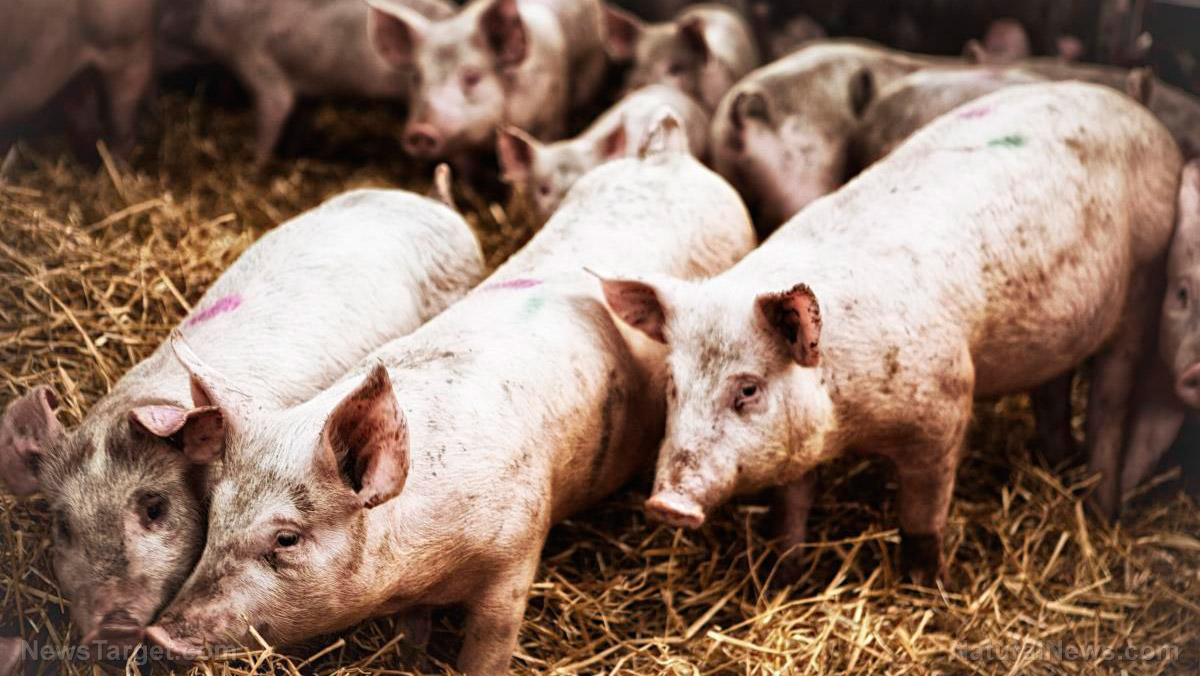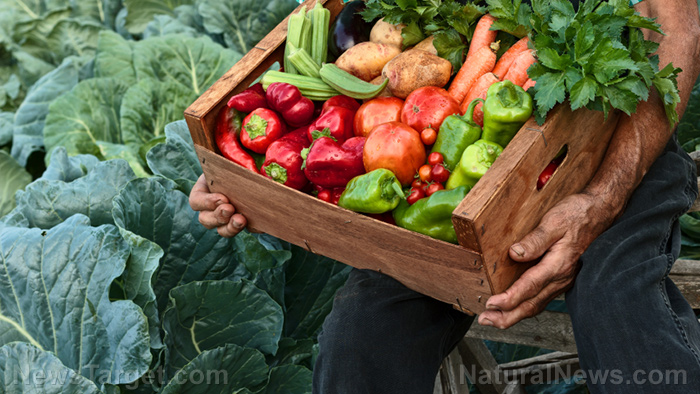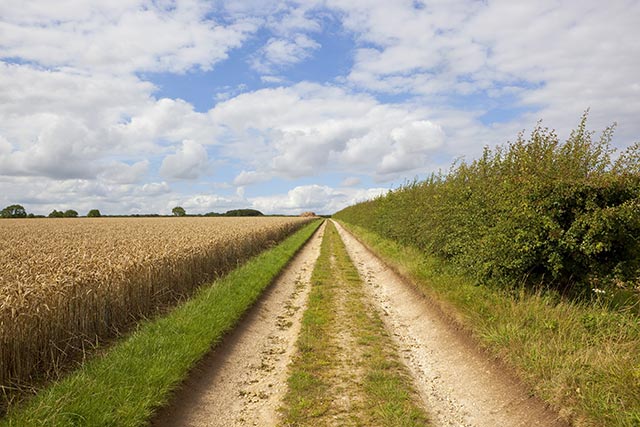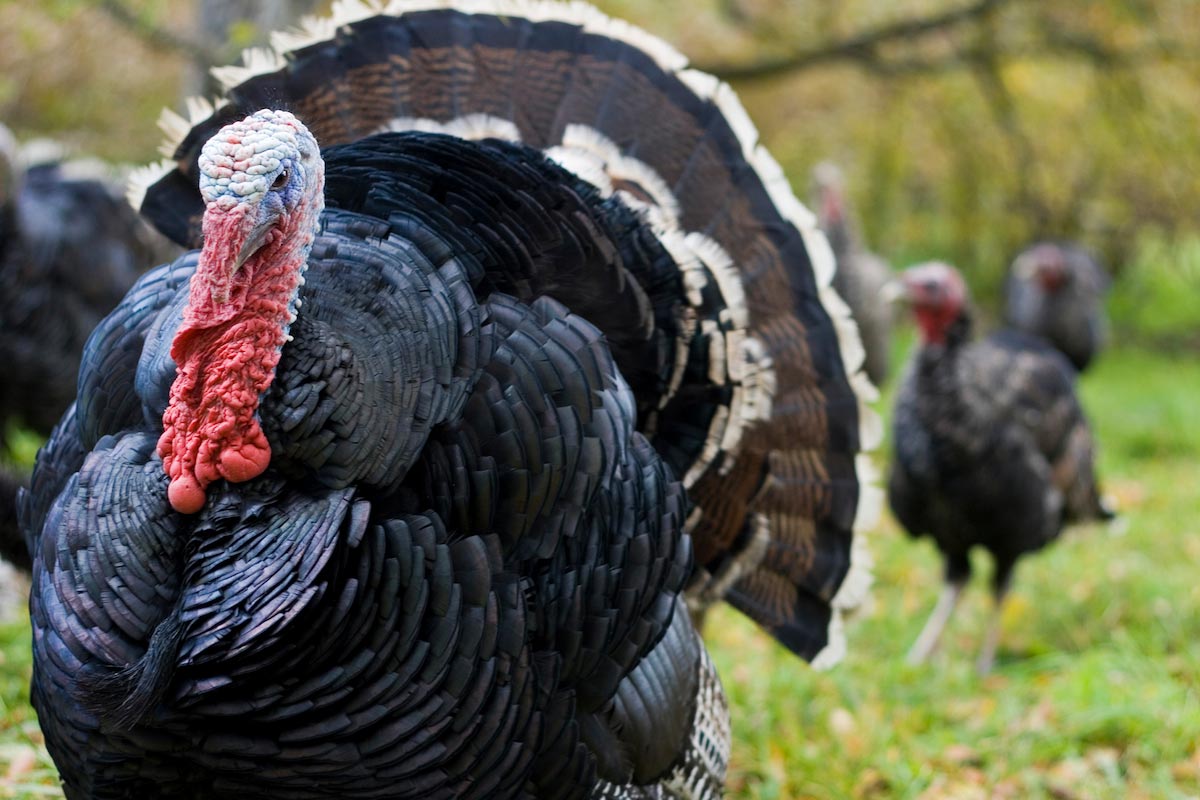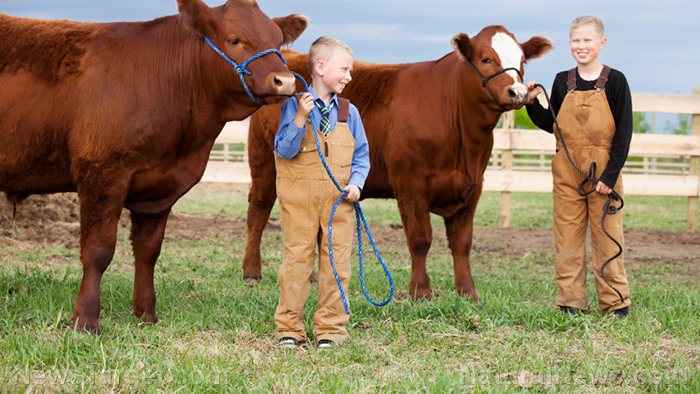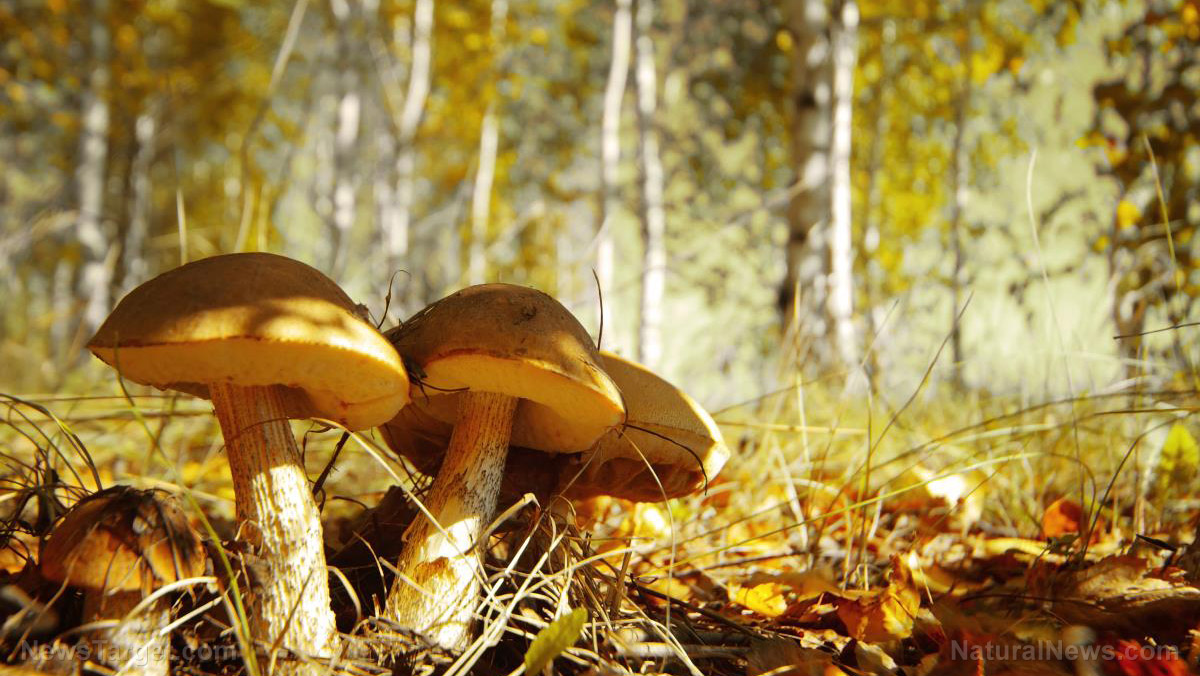Symbiotic farming: Using sheep to graze weeds on coffee plantations found to be beneficial economically, agriculturally, and environmentally
06/09/2018 / By Frances Bloomfield
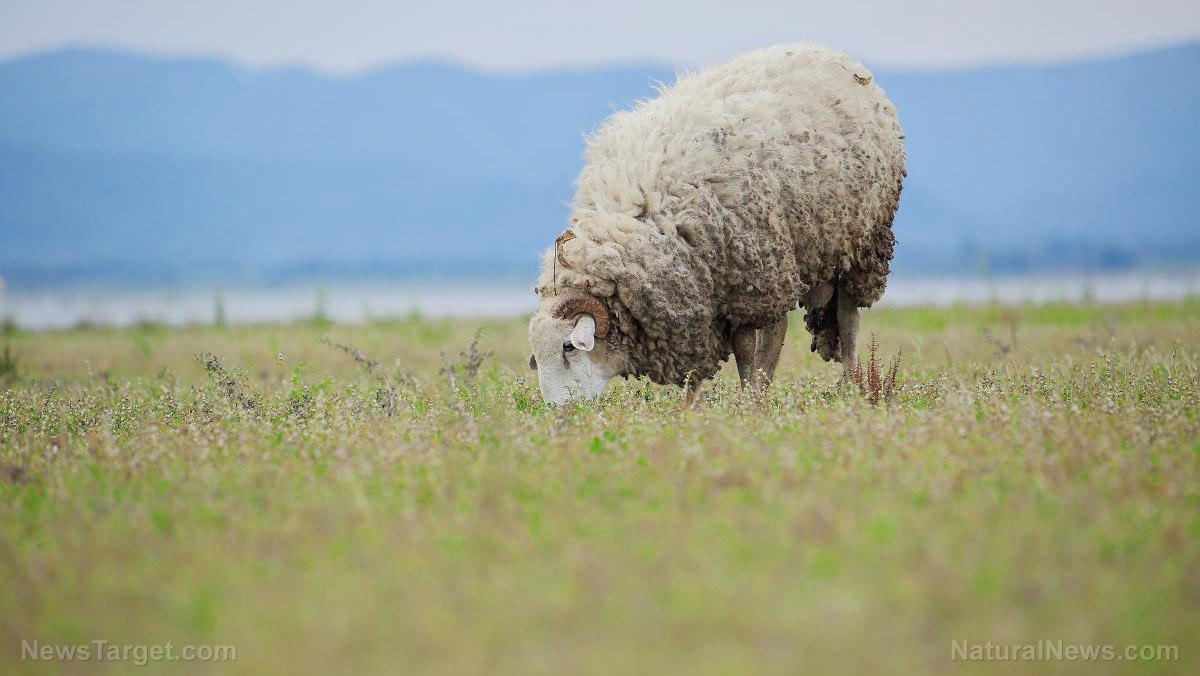
Could sheep help solve the weed problem troubling coffee plantations? According to an investigative team from the National Institute of Medical Sciences and Nutrition Salvador Zubirán (INCMNSZ), they most certainly can. So much so that they found the use of sheep to be highly beneficial from economic, agronomic, and environmental viewpoints.
To arrive at this conclusion, the researchers turned to Pelibuey sheep. A breed of domestic sheep native to Mexico and the Caribbean, these hardy animals are raised primarily for their meat since they’re unable to grow wool. Around 32 male Pelibuey lambs were utilized for the study, which took place in the municipality of Comapa in Veracruz, Mexico. There, the researchers carried out their study 40 days before coffee was scheduled to be harvested from a local plantation.
The lambs were split into two groups. One group was to be given a daily dose of 70 g of supplements per day, while the other wouldn’t be given any supplementation. Additionally, the lambs had access to pasture lands and a coffee plantation, where they were allowed to graze on established grasses or weeds. Some of these included kikuyu grass (Pennisetum clandestinum) and giant star grass (Cynodon plectostachyus), both of which are known to be highly aggressive, fast-growing weeds and grasses.
In terms of daily weight gain, the lambs that had the highest number were those who’d been given supplements and grazed on coffee plantation weeds. Their average daily weight gain amounted to 112.75 g. According to the researchers, these animals put on the most weight despite being given the same dose of supplements as the lambs that fed on pasture land grasses. All in all, the supplements-and-weeds lamb group was found to be the most beneficial when it came to the economic, agronomic, and environmental aspects of coffee plantation weed control. (Related: Hire A Goat?)
Sheep: Not just for coffee plantations
Far from just keeping coffee plantations free of weeds, sheep are so effective at consuming unwanted greenery that they’ve become the go-to weed solution in place of herbicides. As per Sheep101.info, the most notable uses for sheep include:
- Wildfire prevention – Wildfires tend to start and spread in areas with an abundance of dry vegetation. Constructing firebreaks, or gaps in combustible materials, is a tried-and-true method of slowing down or stopping wildfires. Sheep are excellent at creating firebreaks thanks to their appetite for grasses and flowering plants. This is also why some power companies give sheep and goat herds the freedom to graze near overhead power lines, since they minimize the risk of a spark falling and starting a wildfire.
- Improving tree plantations – By eating competing plant life, sheep are able to free up space for freshly planted trees to thrive. The absence of grasses and weeds means that the growing trees will have soil nutrients, water, and sunlight all to themselves.
- Enhancing plant biodiversity – Areas where sheep have grazed for many years tend to have a higher density of perennial grasses, which in turn reduces erosion. As a matter of fact, it’s been shown that letting sheep graze in certain areas during specific times can boost the quantity and quality of all kinds of vegetation.
- Cattle pasture weed control – In the western U.S., larkspur is one of the leading causes of cattle poisoning. Fortunately, sheep are able to tolerate larkspur far better than cattle can, which is why sheep are often times brought in to trim back larkspur in cattle ranches and rangelands.
Visit Harvest.news for more studies and news about eco-friendly farming.
Sources include:
Tagged Under: agriculture, animals, coffee plantations, crops, environment, farming, green living, Plants, sheep, sustainable living, weed control, weeds





